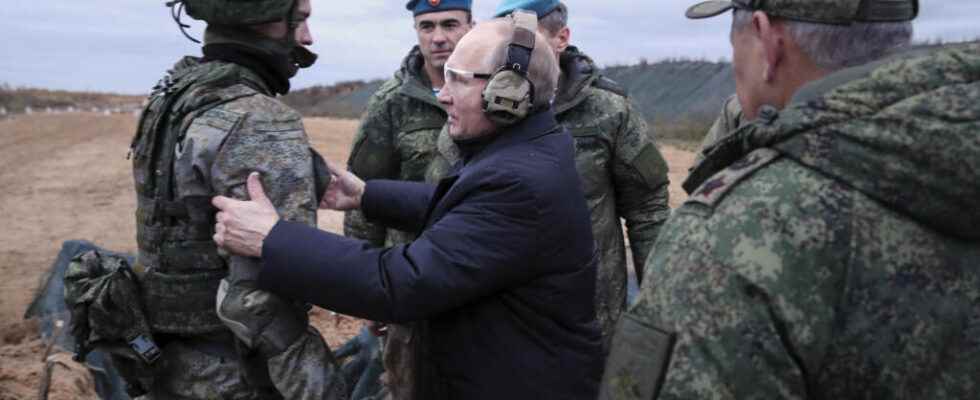In Russia, the Russian Ministries of Defense and Education announce that they are working on a project to introduce a new subject at school: “basic military preparation”, to which at least 140 hours per year would be devoted. . A decision that is part of an increasingly pervasive ideological approach in schools.
“Basic military preparation” is an old story in Russia. A material whose invention dates back to 1918 and which existed in different forms during almost all of the Soviet era.
A few hours a week where specialized teachers teach schoolchildren the basics of military life, teach them to march, to handle a firearm, to use a first aid kit, or a gas mask .
Reintroducing it is a way of giving work to tens of thousands, even hundreds of thousands of future veterans of the war in Ukraine.
But it is above all a strong marker of the “re-Sovietization” of Russia, explains Arnaud Dubien, director of the Franco-Russian Observatory, by telephone.
Obviously, this is not very surprising given the context, first of all of the war in Ukraine, and more generally, of the re-Sovietization of minds and practices in Russia. Will this succeed? It is not certain. I draw your attention to the fact that the Ministry of Defence, which proposed extending the length of military service to two years, saw its proposals rejected this week. But in any case, it says a lot about the background of the air in Russia.
And in this atmosphere of resovietization, the school is particularly targeted. Last September, the government introduced lessons titled “Important Talks,” but were quickly dubbed by the public as “Patriotism Lessons,” given their content praising the Russian state and its war in Ukraine.
Despite protests from many parents and teachers, the law was quickly passed.
►Read also: Ukraine: the uncertain Russian strategy in Kherson
